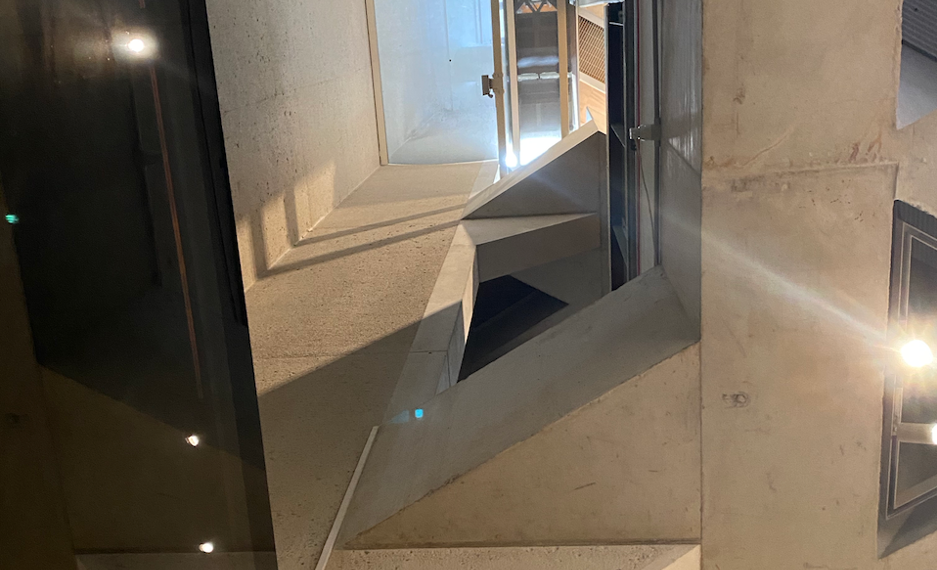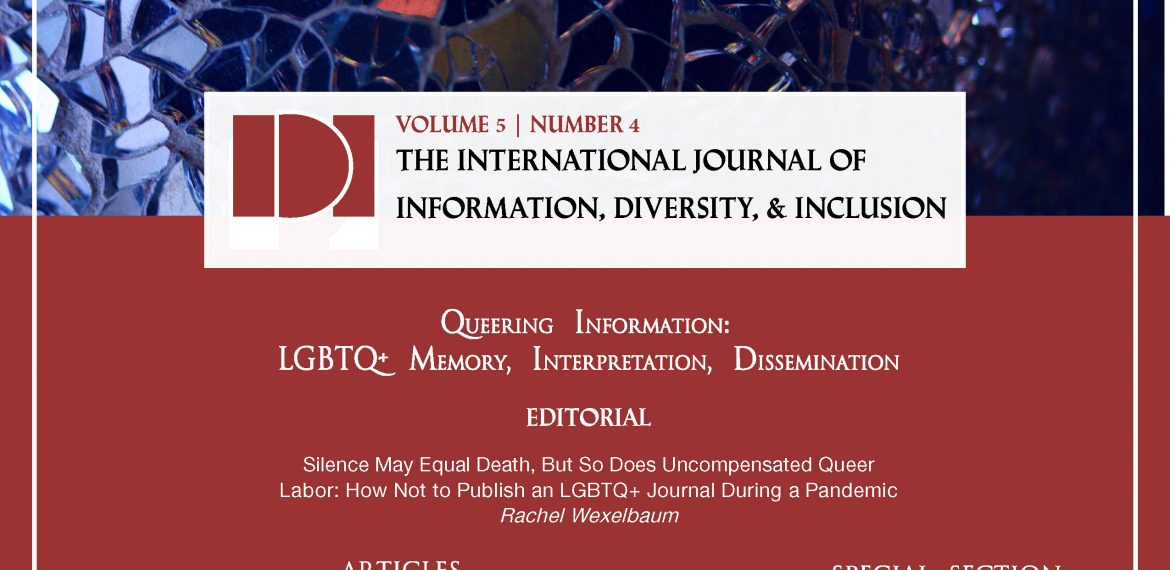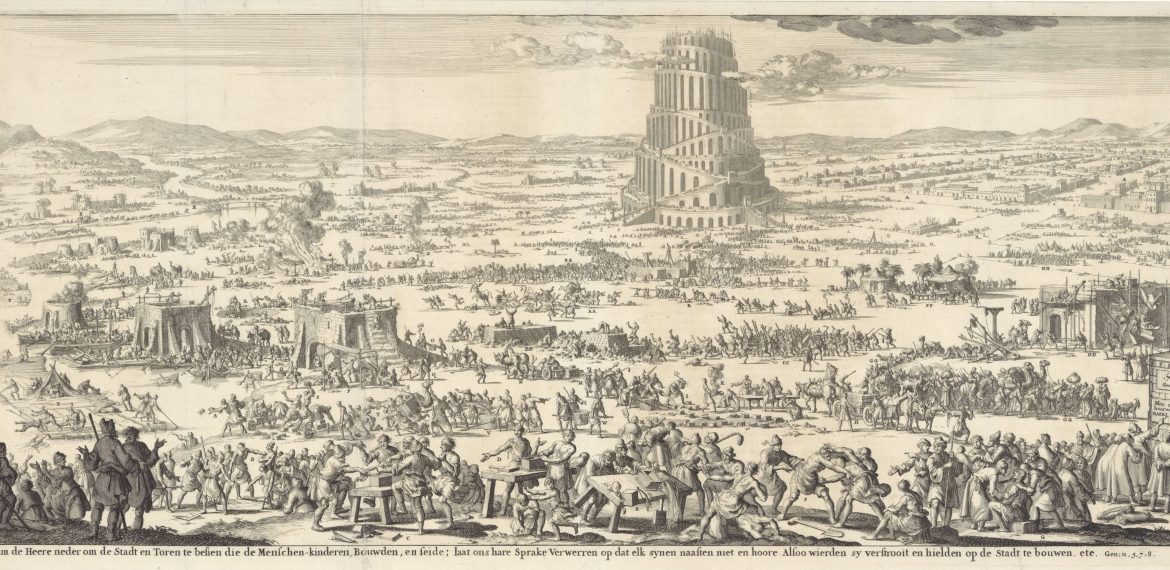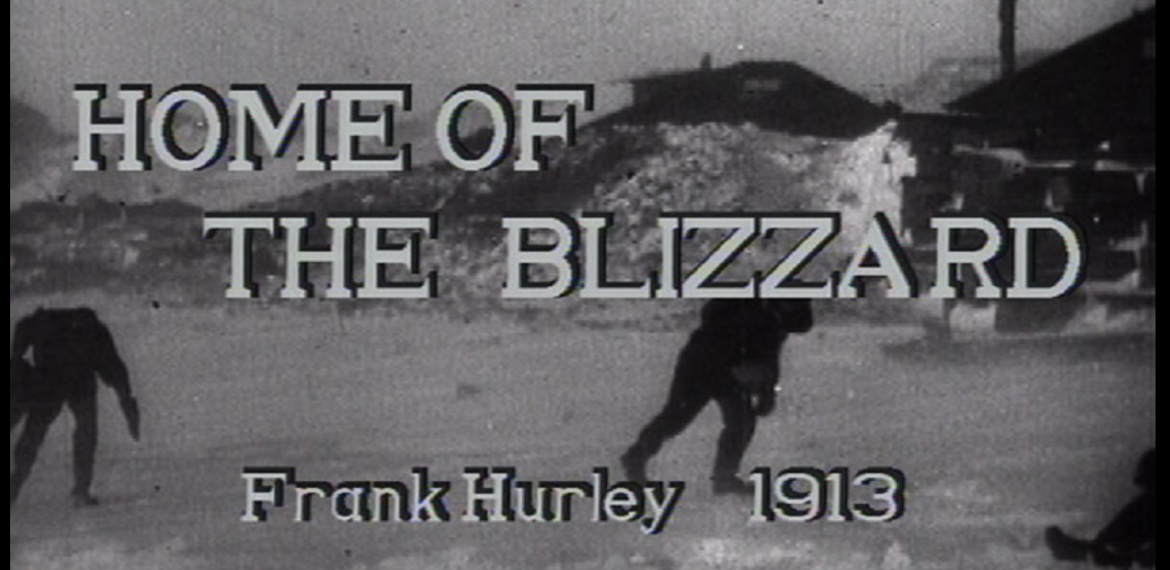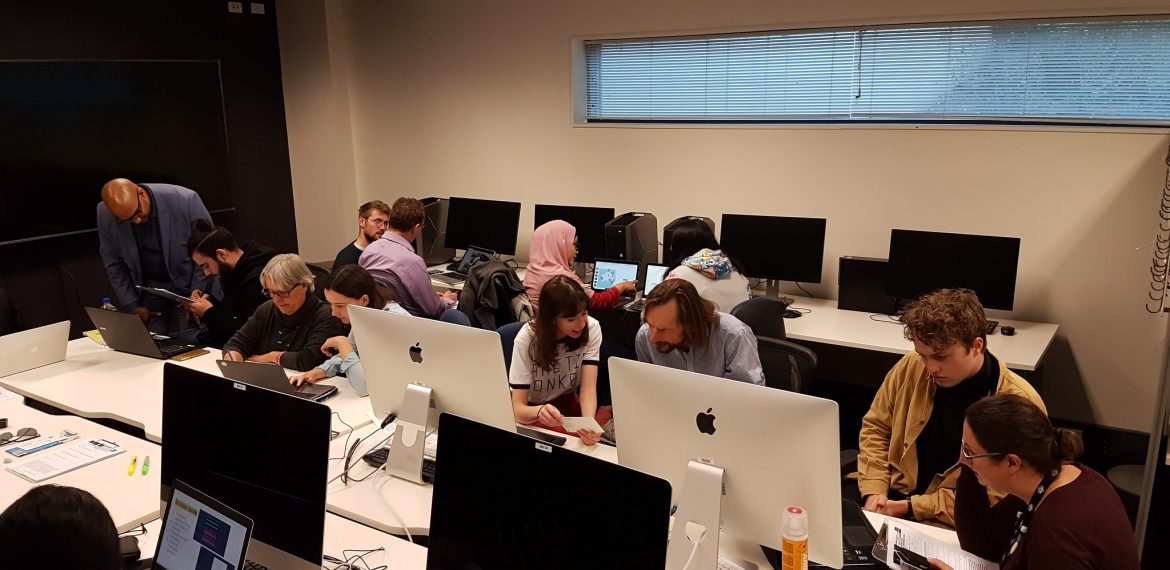Uncategorized
A current research project in the Centre for Digital Humanities Research by Senior Lecturer Dr Katrina Grant and Sean Minney, a recent graduate from the Masters Advanced of Digital Humanities and Public Culture is looking for participants in a short survey (30 questions) on how people employed in the GLAM
What is infrapolitics Infrapolitics is suggested by James C. Scott (Bourbeau et al., 2018). He explains how subordinating people confront authority and force through being lazy, dissimulation, pretending to follow, and avoiding sanctions (Scott, 2008). The mass is considered subordinating because they are underprivileged against the power. Their style of
Congratulations to current CDHR PhD student Renee Dixson on the publication of their new article stemming from her PhD research. Dixson, Renee E, ‘What About Us? Preserving LGBTIQ+ History of Forced Displacement’, The International Journal of Information, Diversity, & Inclusion, Vol.5. No.4: Queering Information: LGBTQ+ Memory, Interpretation, Dissemination (2021), 43–68. https://jps.library.utoronto.ca/index.php/ijidi/article/view/36524 Abstract: This article outlines the research
Online symposium that discussed the complex dynamics of applying digital approaches in multilingual text analysis About this event The use of DH tools and methods have been applied across a variety of corpora but text-analysis of English language sources has dominated this field. These approaches are increasingly being used in
One of our Masters students, Sophia Booij, has recently collaborated with the National Film and Sound Archive to develop a text-adventure game called “Home of the Blizzard”. The premise is you go along with the first Australian Antarctic expedition and try and make sure they don’t all die! It’s in
A prototype digital tour of the ANU sculpture has been developed by one of the Centre for Digital Humanities research Honours students, Ting Wang in collaboration with ANU Collections, ANU Heritage and she is looking for your feedback on the tour to help guide future development and to support her
Dr Katrina Grant and Dr Terhi Nurmikko-Fuller have published a paper with MuseWeb – the leading international conference for research and exemplary applications of digital practice for cultural, natural and scientific heritage. The paper focuses on project-led teaching collaborations between Digital Humanities and the GLAM sector. See the abstract below
Digital Humanities is still a relatively new area of teaching for many universities. The broad and varied subject matter, diverse methods, and interdisciplinary and collaborative nature of the discipline makes it a challenging one to teach. In the Centre for Digital Humanities Research our student body is drawn from across
It's impossible to play chess and put out a fire at the same time, so you have to take turns doing both.
FDPN is the national voice of LGBTIQ+ people in forced displacement in Australia.
Recent Posts
Categories

